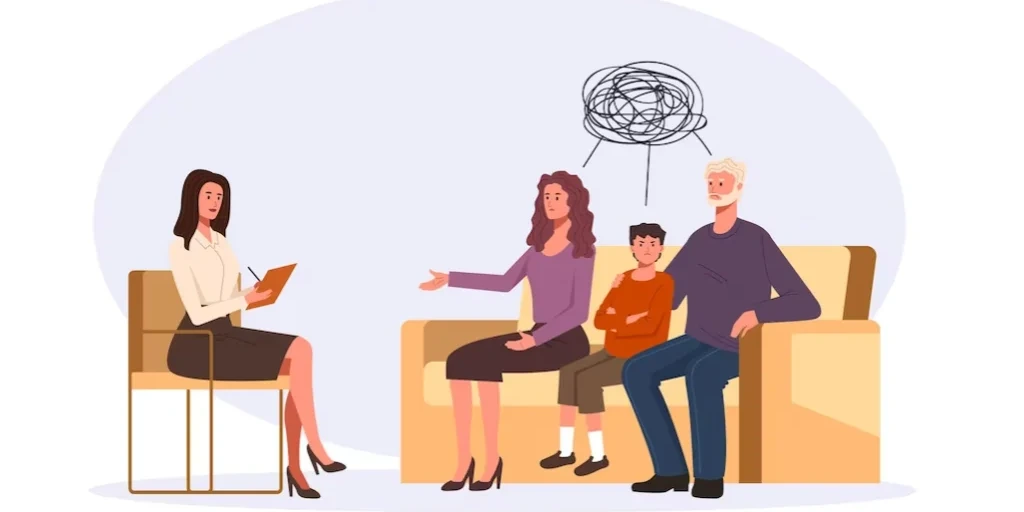24/7 Helpline:
(866) 899-221924/7 Helpline:
(866) 899-2219
Learn more about Residential Rehab centers in Boone County

Other Insurance Options

Amerigroup

Carleon

Coventry Health Care

Evernorth

Horizon Healthcare Service

BlueCross

Cigna

PHCS Network

Highmark

CareSource

WellPoint

Group Health Incorporated

Choice Care Network

CareFirst

Providence

Medical Mutual of Ohio

BHS | Behavioral Health Systems
Beacon

Health Choice

United Health Care

Rosecrance
Rosecrance is a private not-for-profit organization offering behavioral health services for children...





































Remedies Renewing Lives
Remedies Renewing Lives - North State Street is located in Belvidere, Illinois. Remedies Renewing Li...

Hiawatha Valley Mental Health Center
Hiawatha Valley Mental Health Center is a private rehab located in Caledonia, Minnesota. Hiawatha Va...





















































